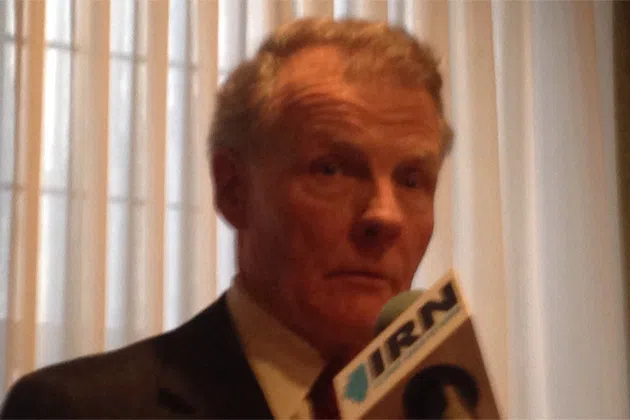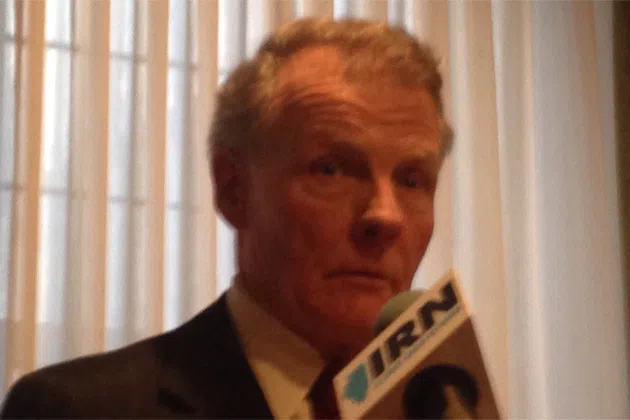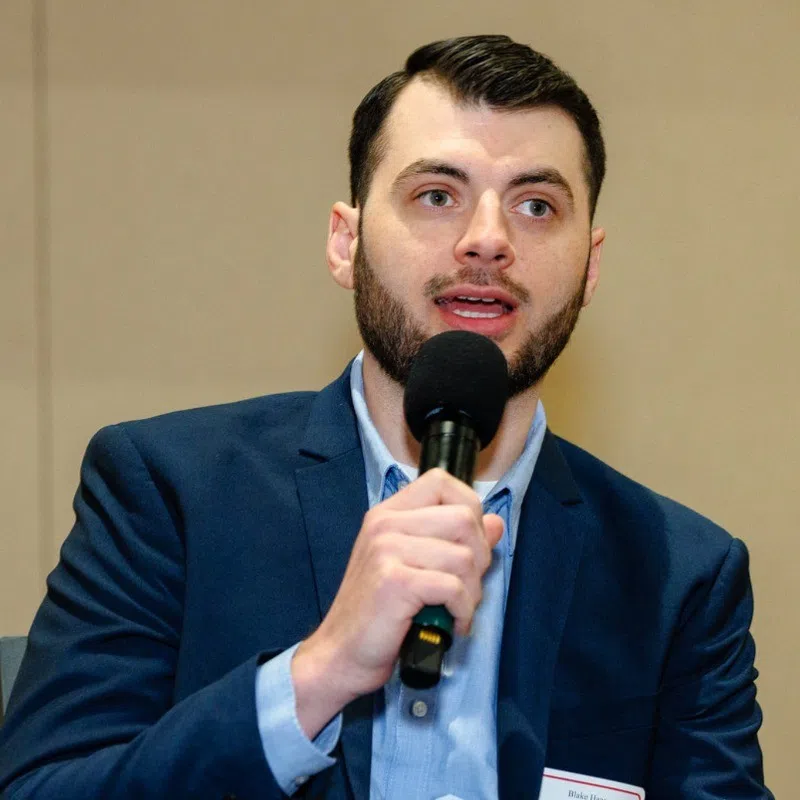
By John Gregory/Illinois Radio Network
CHICAGO – Additional revenue has been part of House Speaker Michael Madigan’s preferred budget solution from the beginning, but exactly how high would the income tax rate have to go?
In a speech at the City Club of Chicago, Madigan gave some indication, even if he tried to avoid it, of how high it would go beyond the current 3.75 percent.
“Let me avoid creating a headline for tomorrow’s newspaper,” Madigan said to laughs from the audience, “and say that a good place to begin…would be the level where we at before the income tax (increase) expired. Starting there, you can go to any place you want to go.”
That would mean an income tax increase to at least 5 percent. Months ago, credit ratings agencies warned returning to the old rate wouldn’t be enough to plug the state’s budget gap, which has only grown since then thanks to courts mandating state spending at levels from last fiscal year, when the rate remained at 5 percent for half that time.
After those remarks, Madigan said more revenue would be needed to balance the budget he favored. That plan was out of balance by about $4 billion, but reflects “how the majority in the legislature felt about state spending.”
He went to say he’s open to negotiating exactly what the final rate would be, and whether any increase would be permanent or temporary, like the hike which expired at the end of 2014.
Once an increase is agreed upon, Madigan did say it wouldn’t be on Democrats only to support it.
“A tax increase bill will not pass in the legislature without Republican support,” Madigan said.
Senate Minority Leader Christine Radogno (R-Lemont) bashed the proposal, saying in a statement, “The powerful Democrat leadership is proposing a whopping 33% income tax increase – with no reforms to change the way we do business in Illinois. It’s outrageous and shows what we Republican legislators and Governor Rauner are up against in the state budget negotiations.”





